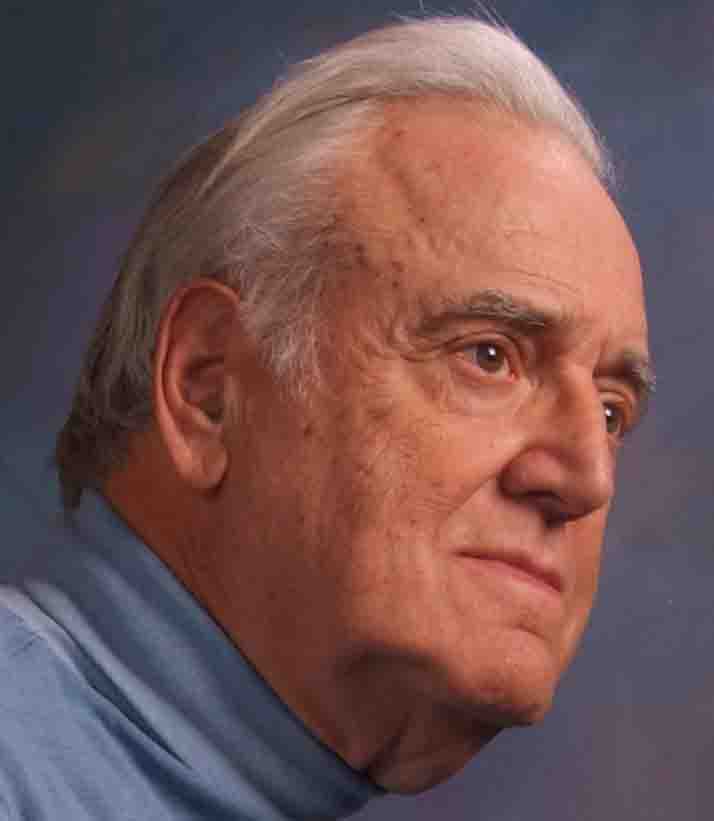Complication of the election integrity issue works to the advantage of the status quo; which is to say, the increasing use of paperless, unauditable Direct Recording Electronic (DRE) voting machines. More complications abound as critics of the status quo attempt to prove that past, and presumably future, elections were and will be fraudulent.
In fact, the controversy can be reduced to two simple questions:
1. Can defenders of the status quo prove that the 2004 (and also the 2000 and 2002) elections were fair and accurate?2. Can defenders of the status quo refute the critics?
The answer to the first question is simple and straightforward: they cannot, because the DREs (and also the central compiling computers) were designed to exclude proof. The software is secret, and thus closed to inspection and validation, and there is no independent record of the votes against which the totals can be verified. (Running the same computations again is not a ?recount?). Moreover, computing experts have found, and demonstrated, numerous ?holes? in the machines through which voting totals can be finagled, and reports of still more flaws continue to come in.
The response of the private election industry and the Republicans to demands of proof are (1) ?trust us,? (2) ad hominem attacks on the critics. (?Sore losers,? ?conspiracy theorists,? ?get over it!?). And finally (with the collaboration of the mainstream media) (3) no response. There are no substantive proofs of validity because, once again, the machines are designed to exclude them.
Regarding the second question, every now and then an attempt is made to refute the critics. The most recent of note was published last Friday in Salon.com, and was written by Farhad Manjoo, who has made something of a career out of debunking the critics. Whenever an important critique of the electoral status quo is published, by John Conyers? committee, by Mark Crispin Miller, or most recently by Robert F. Kennedy, Jr., we can generally count on a rebuttal by Manjoo. Last week, he did not disappoint us.
Manjoo?s latest was a pathetically weak piece of work which, due to its flaws, only serves to strengthen the case of its target, the RFK article. Or so I shall argue in the remainder of this essay.
At the outset, I should note that with all due respect to Robert Kennedy Jr., I must hope that he is wrong and the Manjoo is right. If so, then the Democrats have an excellent chance of regaining control of at least one house of Congress in the November election, and with it oversight of the Bush Administration. But if Kennedy is right about the ability of the Republicans to ?fix? elections, then it may be impossible to budge the GOP from power, whatever might be the will of the voters. False optimism is the enemy of reform.
To begin, let?s address a few minor points, which can be dispatched quite briefly.
Is Kennedy just rehashing old complaints? Manjoo writes: ?If you've spent time on Democratic Underground or have read Mark Crispin Miller's "Fooled Again," you're already familiar with everything [sic] Kennedy has to say.? [My emphasis, EP] Because Miller is about to publish a rebuttal of this claim, I would prefer to let him reply in his own behalf. However, having read the books by Conyers, Fitrakis and Wasserman, and Mark Crispin Miller, I am willing to stipulate that most of what Kennedy presents is ?old stuff?, however this time with the added advantage of scrupulous documentation.
But so what? Those ?old stories? are no less substantial for being ?old.? On the contrary, after a year and a half of examination and criticism, they still stand up. For this reason, the ?old? possesses an advantage over the ?new.?
Were the Ohio (and other) anomalies nothing more than expected ?screw-ups? and coincidences found in all elections? If so, then these anomalies would be expected to work, approximately evenly, to the advantage and disadvantage of both sides. They did not. Almost all of the alleged ?screw-ups? and ?coincidences? worked to the advantage of Bush. Typical of defenders of the Ohio outcome, Manjoo also points out that individual anomalies were not sufficient to alter the outcome of the Ohio election. But he fails to address obvious rejoinder: the cumulative effect of several anomalies (by no means all of them) were quite enough.
Manjoo has nothing whatever to say about paperless Direct Electronic Recording (DRE) machines. He presumably says nothing because he can say nothing that can advance his case for the validity of the 2004 election. So there is not a word in his article about secret source codes, lack of independent paper record, impossibility of auditing, or the GOP partisanship of the manufacturers and code-writers. Even if DREs in Ohio in 2004 (and elsewhere, and in 2002 and 2000) were 100% honest and accurate, there is no reason whatever to know this and an abundance of evidence (statistical, circumstantial and anecdotal) indicating that they were "fixed." As I noted at the outset, "Trust us," and ad hominem attacks on the critics are not evidence. And the silence of the media (not to mention the Democrats) about this compelling issue is deafening.
Now to some more substantial issues:
(Note: You can view every article as one long page if you sign up as an Advocate Member, or higher).





